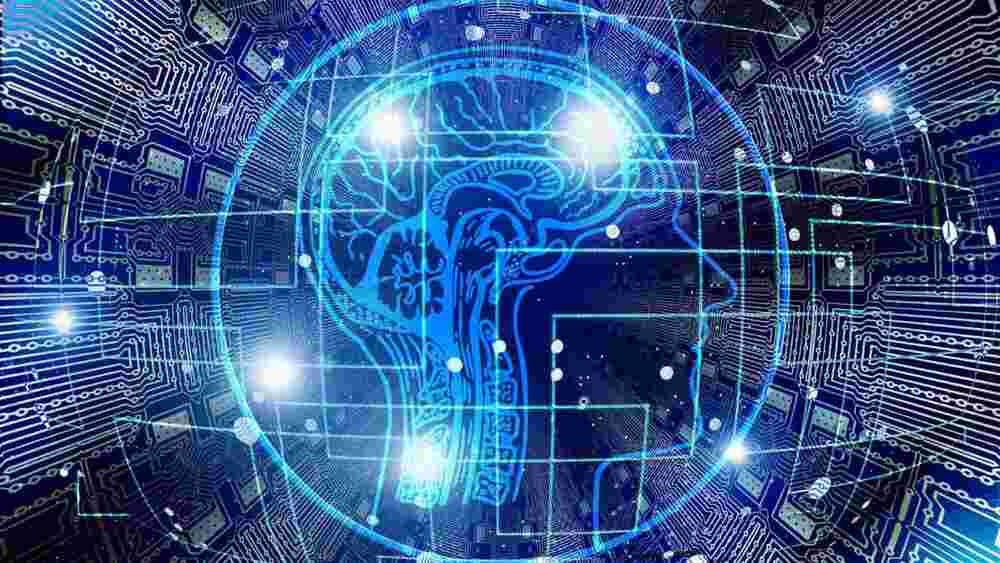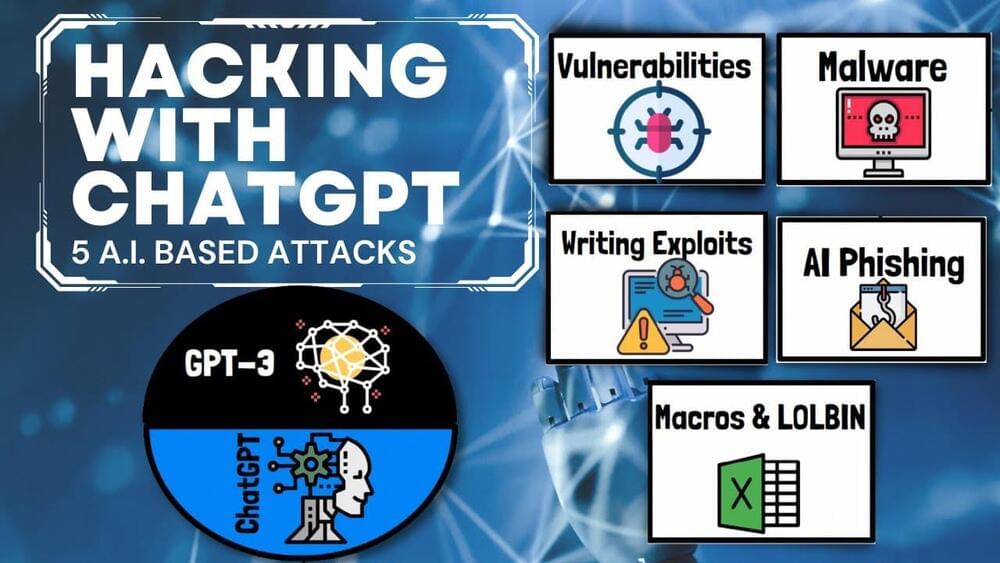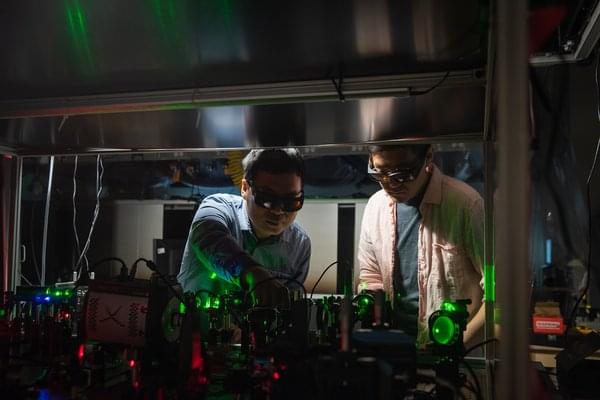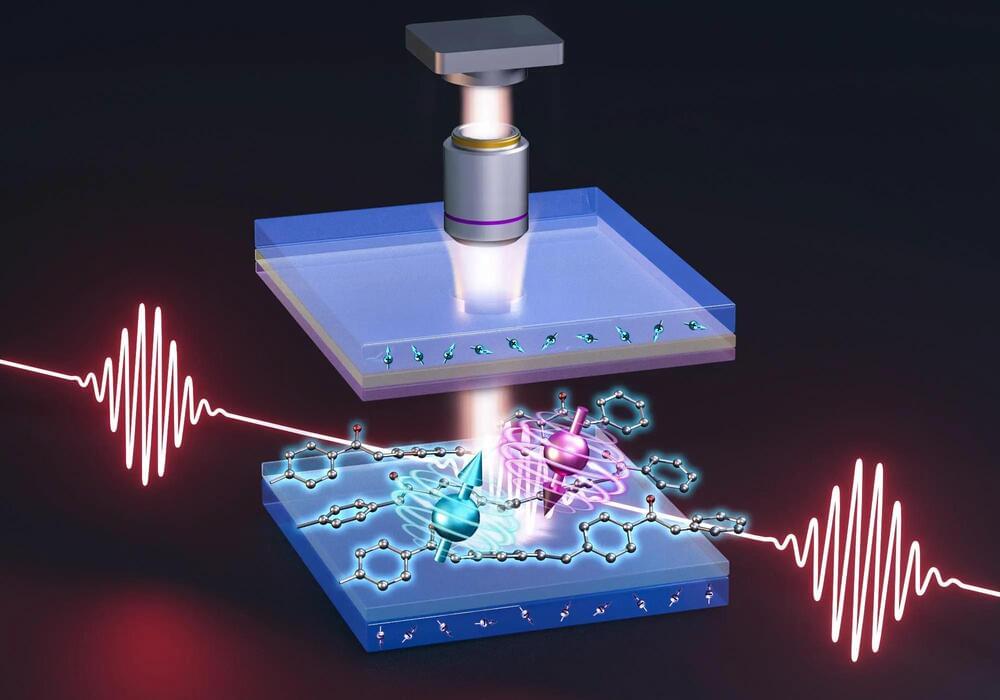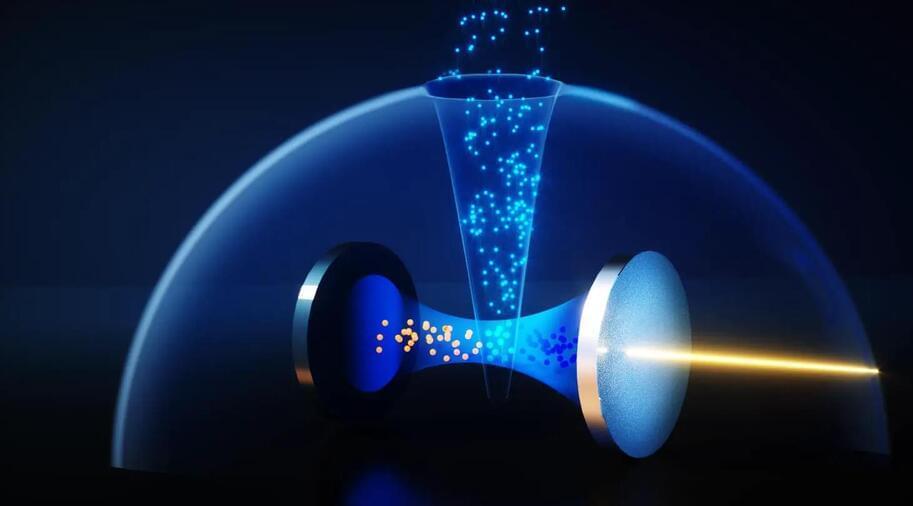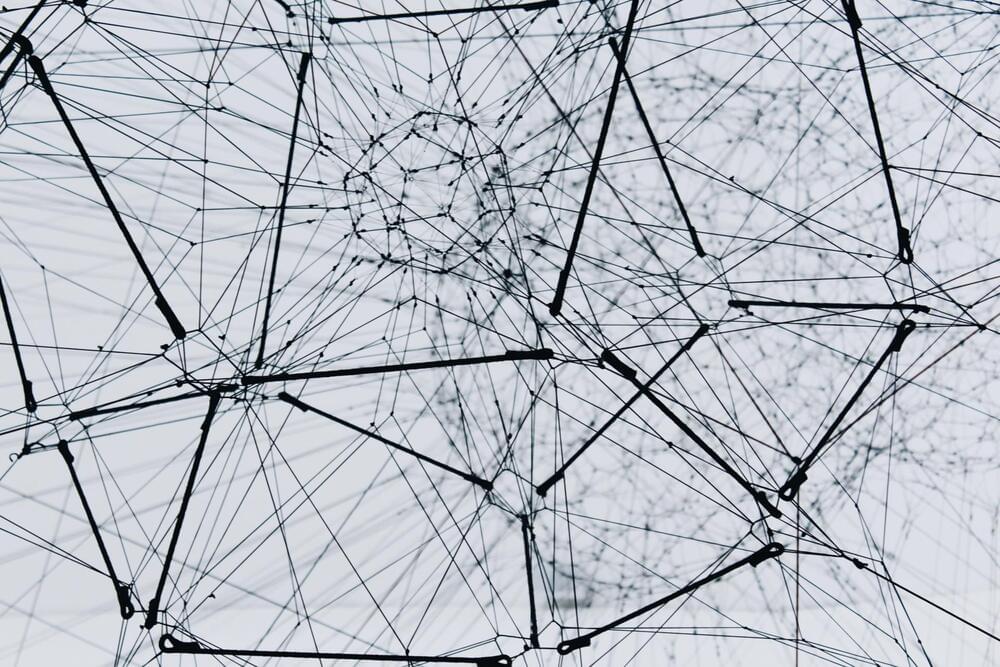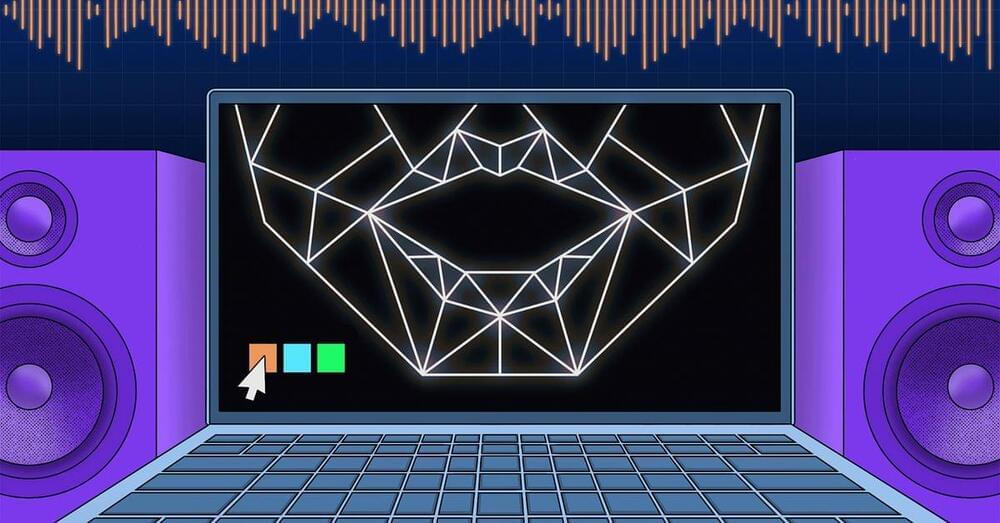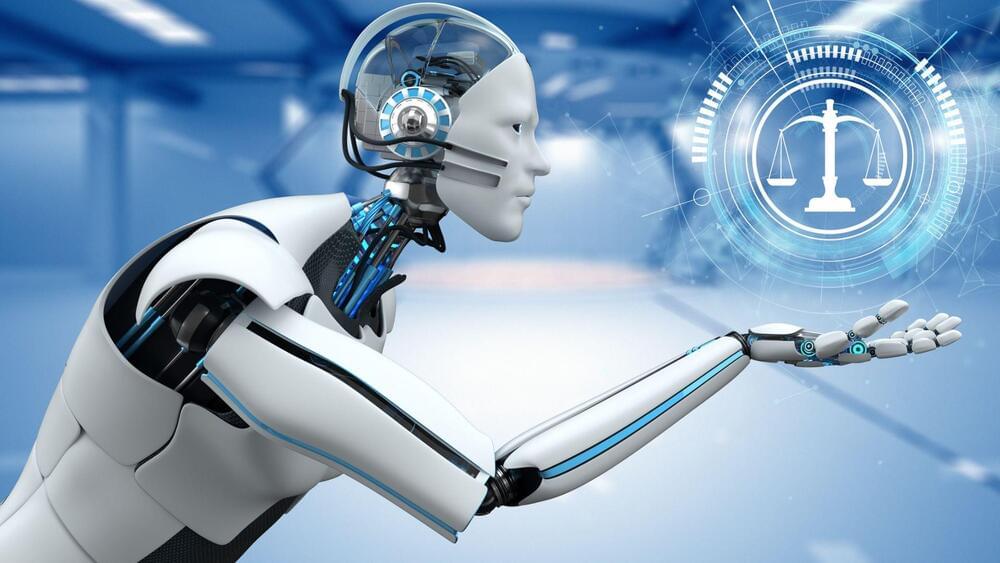May 2, 2023
MRI scans and AI to decode what we think? This study has answers
Posted by Shubham Ghosh Roy in categories: biotech/medical, neuroscience, robotics/AI
Is mind reading possible? An age-old question with multiple unproven answers. Those who study psychology often claim that they can understand what the other person is saying as they study mental processes, brain functions, and behaviour, but even they can be 100 per cent accurate.
A study, published in the journal Nature Neuroscience, attempts to address it as scientists have said that they have come up with a way to decode a stream of words in the brain using MRI scans and artificial intelligence.
The study titled — “Semantic reconstruction of continuous language from non-invasive brain recordings” — noted that the system won’t replicate each word but it reconstructs the brief of what a person hears or imagines. The study was published in the journal Nature Neuroscience.
